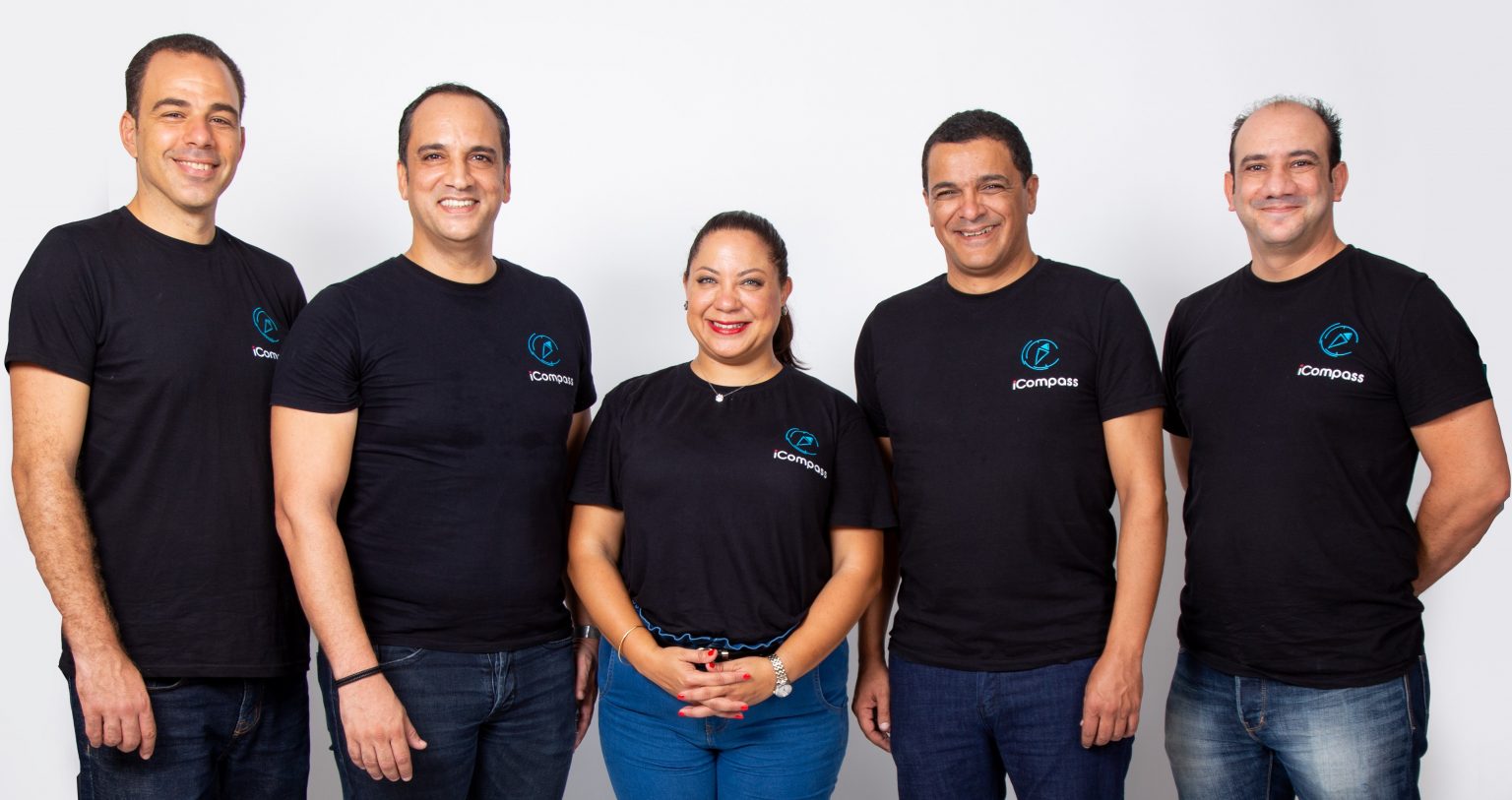Tunisian startup iCompass is using artificial intelligence to help companies across Africa and the Middle East communicate with their customers in their own languages.
Founded in 2019 by Ahmed Nouisser and Hatem Haddad, iCompass specialises in natural language processing (NLP) products using the latest deep learning and reinforcement learning technologies to develop speech transcription services, automatic voice generation, and chatbot and voicebot products.
The startup broke linguistic and dialectal barriers through its latest NLP R&D, chief communications officer Suzy Mahjoub told Disrupt Africa, providing a deeper machine understanding of standard languages and underrepresented dialects in Africa and the Middle East.
“The market we looked at is the Middle East and Africa where we realised that companies communicate with their clients in standard languages such as Modern Standard Arabic, French, or English but not in their native languages or dialects; which creates a gap in their customer experience, the quality of services rendered, and access to relevant and accurate information,” she said.
“In an audience centric world, where the heart is the compass, this linguistic gap translates into a customer experience where brands may not meet their audiences where they are. iCompass identified an opportunity to help companies speak to people’s hearts in their native languages, since it is easier to teach a machine to speak many languages than to teach all people to speak one language.”
iCompass works with customers across the fintech, telecom and insurance spaces in Tunisia, Mali, Nigeria, Kenya, Senegal and Ivory Coast, and is expanding to other parts of Africa and the Middle East in the next few months. Earlier this year it was named among the 20 winners of the Migration Entrepreneurship Prize run by Seedstars and the Peace and Human Rights Division of the Swiss Federal Department of Foreign Affairs (FDFA), and it is preparing to raise a Series A round next year.
Mahjoub explained the startup’s financial model, and said it is experiencing strong revenue growth given uptake of its solutions.
“We use a subscription model based on a flat-rate pricing with 500 per cent annual growth in the number of contracts since July 2019, and 100 per cent retention rate. In fact, we are reaching our breakeven point in 2022 for an estimated turnover of US$1 million,” she said.


